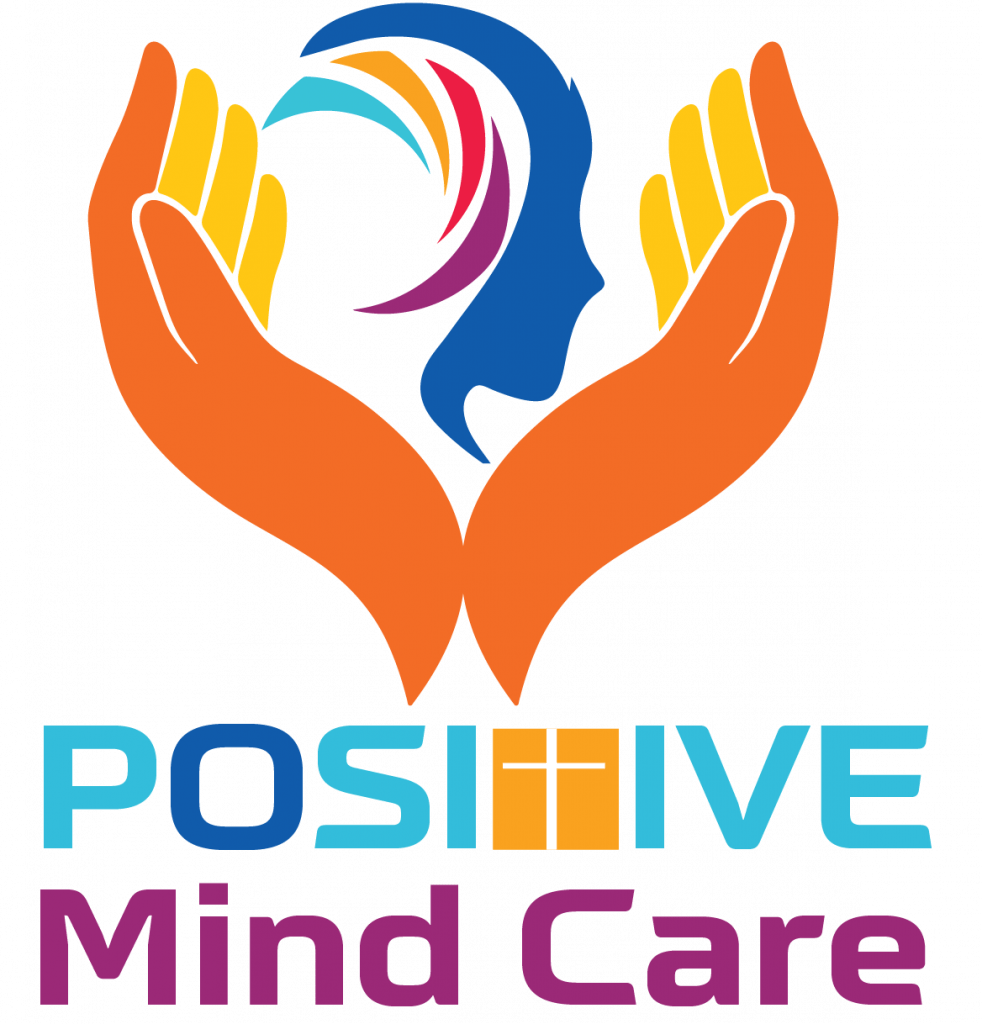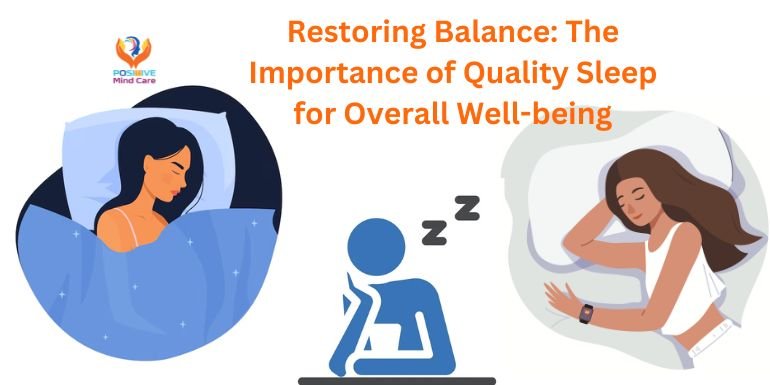Positive Mind Care’s insightful guide on the significance of quality sleep for overall well-being. Sleep is a fundamental aspect of health and wellness, impacting physical, mental, and emotional functioning. In this blog post, we’ll explore the factors that contribute to sleep disorders and provide practical tips for establishing healthy sleep habits and enhancing sleep quality.
Understanding the Importance of Quality Sleep:
Quality sleep is essential for optimal health and well-being. It plays a vital role in various physiological processes, including memory consolidation, immune function, hormone regulation, and cellular repair. Adequate sleep is associated with improved cognitive function, mood stability, stress resilience, and overall quality of life. Conversely, chronic sleep deprivation or poor sleep quality can lead to a range of health issues, including obesity, cardiovascular disease, diabetes, depression, and impaired immune function.
Factors Contributing to Sleep Disorders:
Several factors can contribute to sleep disorders and disrupt the natural sleep-wake cycle. Some common causes of sleep disturbances include:
Stress and Anxiety: Persistent stress and anxiety can interfere with sleep onset, duration, and quality, leading to insomnia, restless sleep, or frequent awakenings throughout the night.
Poor Sleep Hygiene: Irregular sleep schedules, excessive screen time before bedtime, and stimulating activities can disrupt the body’s natural sleep patterns and make it difficult to fall asleep or stay asleep.
Medical Conditions: Certain medical conditions, such as sleep apnea, restless legs syndrome, chronic pain, and mental health disorders, can impair sleep quality and contribute to sleep disturbances.
Environmental Factors: External factors such as noise, light, temperature, and uncomfortable sleep environments can impact sleep quality and disrupt the sleep-wake cycle.
Tips for Establishing Healthy Sleep Habits:
Improving sleep quality involves adopting healthy lifestyle habits and creating a conducive sleep environment. Here are some tips for establishing healthy sleep habits:
Maintain a Consistent Sleep Schedule: Go to bed and wake up at the same time every day, even on weekends, to regulate your body’s internal clock and promote better sleep quality.
Create a Relaxing Bedtime Routine: Develop a calming bedtime routine to signal to your body that it’s time to wind down and prepare for sleep. This may include activities such as reading, taking a warm bath, practicing relaxation techniques, or listening to soothing music.
Limit Stimulants and Electronics: Avoid caffeine, nicotine, and electronic devices, such as smartphones, tablets, and computers, before bedtime, as they can disrupt sleep patterns and inhibit melatonin production.
Create a Comfortable Sleep Environment: Make your bedroom a tranquil and comfortable space conducive to sleep by investing in a supportive mattress, comfortable pillows, and light-blocking curtains. Maintain a cool, quiet, and dark environment to promote uninterrupted sleep.
Practice Stress Management Techniques: Incorporate stress-reducing activities into your daily routine, such as meditation, deep breathing exercises, progressive muscle relaxation, or journaling, to alleviate tension and promote relaxation before bedtime.
Conclusion:
Quality sleep is essential for overall health, well-being, and vitality. By understanding the factors that contribute to sleep disorders and implementing healthy sleep habits, you can optimize your sleep quality and enhance your quality of life. At Positive Mind Care, we’re committed to supporting individuals in achieving restorative sleep and promoting holistic wellness. Contact us today to learn more about our sleep therapy services and discover how we can help you on your journey to better sleep and improved well-being.



